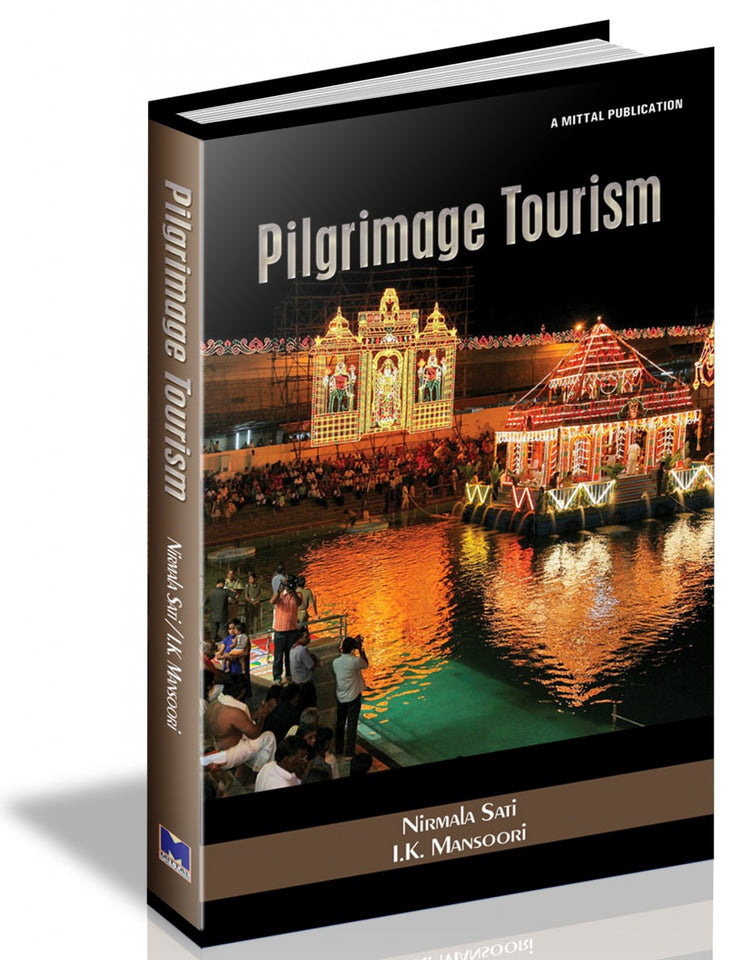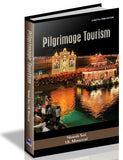Pilgrimage Tourism
Regular price
Rs. 550.00
The Garhwal Himalaya is rich in natural resources that include water, timber, minerals, and biodiversity. Equally important is the rich cultural heritage of Garhwali peoples. As a desired destination for many tourists, migrants and pilgrims, Garhwal Himalaya also offer a place of rest, solitude, adventure, recreation, and scenic beauty. For centuries, the relative remoteness and isolation of the region has resulted in less human implications and higher resource sustainability than in many lowland regions. With the combined advances in extractive resource technology and increases in leisure time, however, the implications of human activity in the regions have increased significantly. The extraction of resources has advanced with little or no reinvestment into either the ecology or the local communities that are the traditional stewards of ecosystems. Tourism in the Garhwal Himalaya represents a significant fraction of this activity, although it is probably not as important as tourism to coastal or urban areas. Here, tourism is comprised of mass tourism to popular sites, the ski industry, adventure tourism (trekking, climbing, rafting), cultural tourism, ecotourism, and pilgrimage tourism. Tourism depends on and is influenced by a number of special features related to high altitude and relative isolation.
This book is a noble effort to discuss economic and environmental implications of tourism in the Garhwal Himalaya. It is divided into seven chapters – Introduction, Environmental set-up, Historical and Socio-religious Background, Tourism Potentials and Types, Economic Impact of Tourism, Environmental Impact of Tourism, Pilgrimage Tourism, and Conclusion. This book will be useful for researchers, academicians, administrators, planners, and the students who deal with tourism development in mountain regions.
Nirmala Sati (b. 1971) did M. Sc. in Zoology in 1995 from the HNB Garhwal University, Srinagar Garhwal, Uttarakhand. In 2006 she did MA in Geography from Jiwaji University, Gwalior, MP and topped university. She got Ph. D. Degree from Jiwaji University Gwalior in 2009. She received ‘Contingency Grants’ from ICSSR for perusing her Ph. D. Currently she is working as ‘Project Fellow’ in a UGC founded Major Research Project. Her area of interest is Natural Resources Management, Environment, and Development. I.K. Mansoori (b. 1964) did his Ph. D. in Population Studies from Jiwaji University, Gwalior. He visited U. K., China, and Nepal where he presented papers and participated in the International Conferences. He co-authored three books and published four papers so far. Currently he is working as Deputy Registrar in Jiwaji University, Gwalior, Madhya Pradesh.
Guaranteed Safe Checkout





